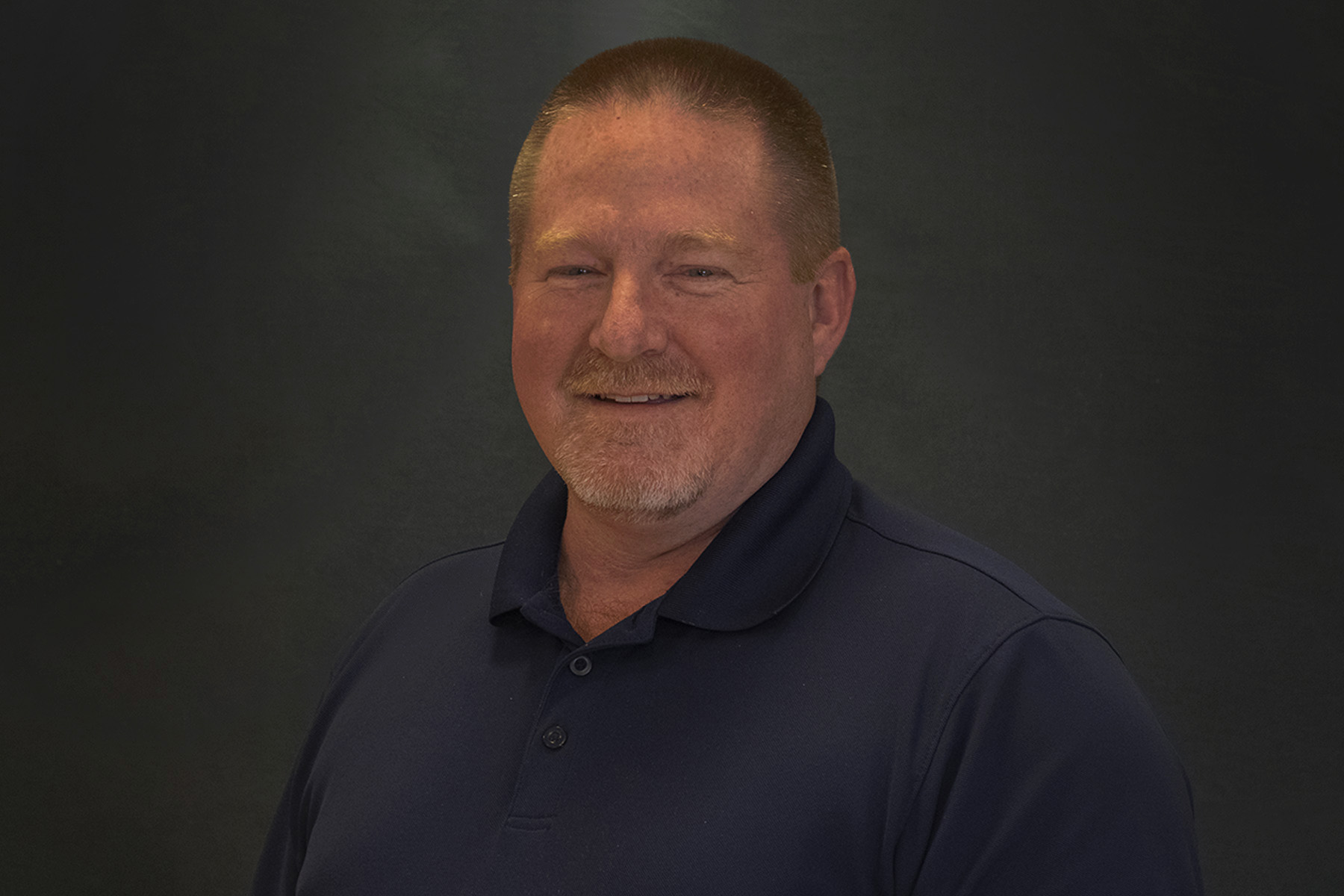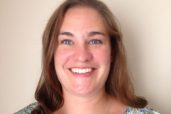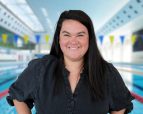Building a community is what Craig Merkey believes strongly in, whether it’s within his town or within the aquatics industry.
“I grew up in an awesome community and everybody was putting their time and energy into the community to make things possible,” says the president of the Association of Aquatics Professionals (AOAP).
He continues this model wherever he goes, whether he’s leading the AOAP, serving the local Lions Club and encouraging teens to volunteer, or mentoring students at Penn, building a sense of community and fostering involvement are the heart and soul of Merkey’s work.
Early calling
Merkey aspired to make a career in aquatics from the start.
He remembers his first swim lesson — and the instructor, who taught him so well that he started assisting with lessons. He later became a lifeguard, and was mentored by several at the pool who taught him everything from managing chemicals to budgets.
He enjoyed it so much that as an undergrad, he considered pursuing a career in education so he could teach during the year and work at a pool in the summer.
After graduating from Lock Haven University of Pennsylvania with a degree in education and recreation, he worked at a camp as assistant director, then taught fifth and sixth grade for a few years. Then he went back to the recreation side, and eventually ended up at Penn State Harrisburg as the associate director of recreation and aquatics, where he’s been ever since. Though he says that the original plan didn’t really last as he imagined, he has remained in aquatics, and works closely with students.
At Penn State, he oversees aquatics and recreation, as well as a team of students who help manage the facilities. He coordinates in-service training for the front desk staff to ensure all students are being served well. He’s also actively involved in various committees, including the behavioral threat committee and the events management planning committee. Merkey also volunteers for campus events such as commencement and convocation. When it came time to re-open the campus after the COVID-19 shutdowns, he helped set up testing.
It was at Penn State when he was introduced to AOAP and attended his first conference. He joined the drowning prevention committee and the education committee — both of which echo his passions as a lifeguard and his pursuit of education. This year, the drowning prevention committee is working on a children’s book and various public service announcements for water safety.
Leading AOAP
Merkey aspired to make a career in aquatics from the start. As AOAP president, he has focused on continuing the organization’s long-term success and ensuring that it continues to thrive.
Under his leadership, AOAP added a deputy director position and a director’s school to the annual conference, geared toward those who manage aquatics centers. The group also has increased the number of vendors supporting it at the conference.
AOAP also has developed partnerships to help spread its network and involvement in the industry. One is with the National Drowning Prevention Alliance, with whom AOAP will co-locate conferences. Another is with the Council for the Model Aquatic Health Code (CMAHC). This group, which oversees the writing of the Model Aquatic Health Code (MAHC) had created a study examining indoor air quality, which AOAP helped sponsor.
Poor air quality caused by chemical byproducts lingering in the facility (created by chlorine reacting with bodily fluids such as sweat) can cause difficulty breathing and coughing, especially for asthmatics.
“Air quality at indoor pools is just as important as keeping people safe with a lifeguard,” Merkey says.
In addition to fostering partnerships, Merkey added four more board members, signifying growth and maintaining high quality within the organization and the conference.
To encourage members to participate in networking and exchange ideas, he updated AOAP’s web presence with an online discussion board for members. He also focused on ensuring that committees were active and on-task, even providing monthly reports to monitor progress and promote success.
For AOAP’s outgoing president, the biggest reward of aquatics is seeing people learn to swim – especially those who come to the pool without any skills, then leave with the ability to navigate the water: “That’s one of the things I take a lot of pride in.”



